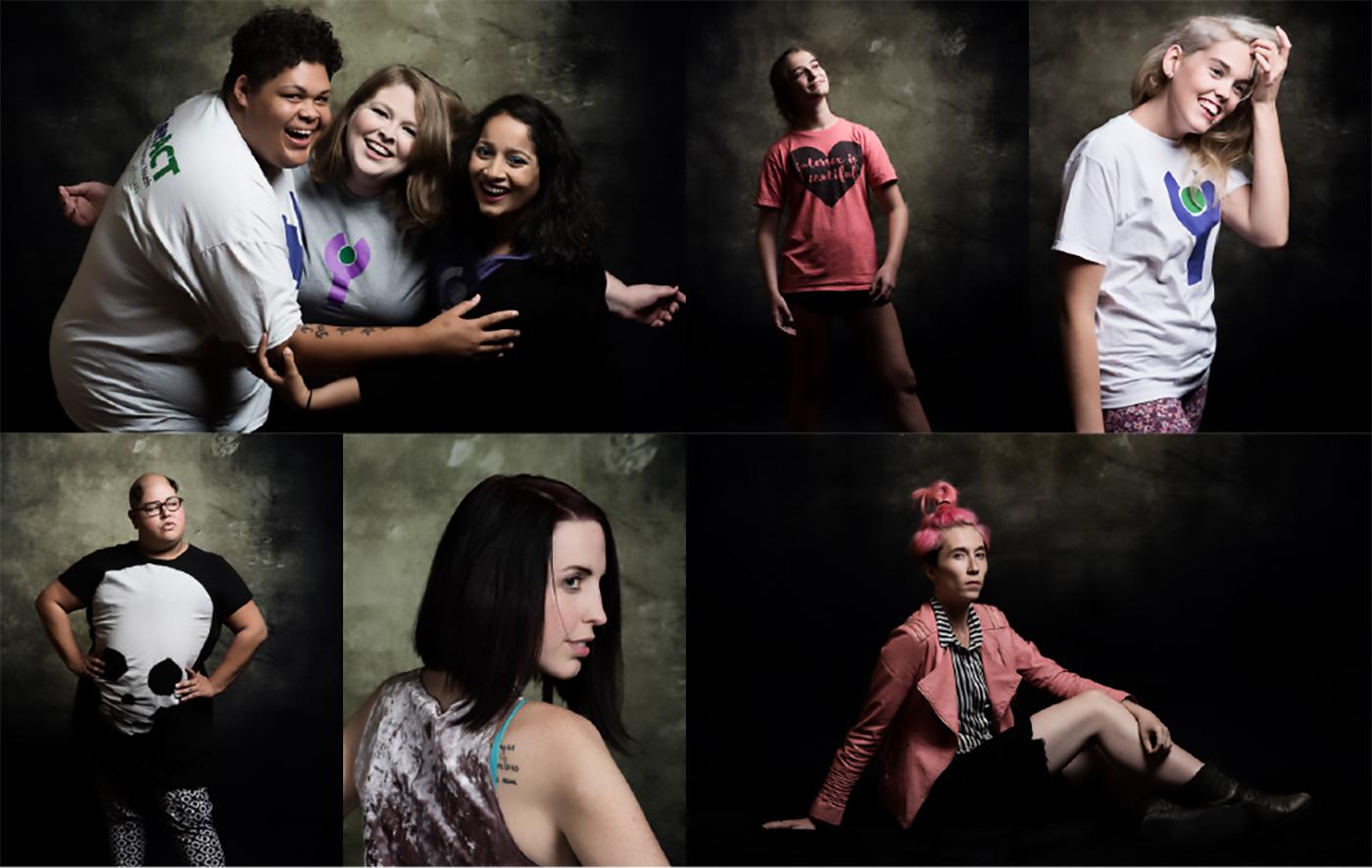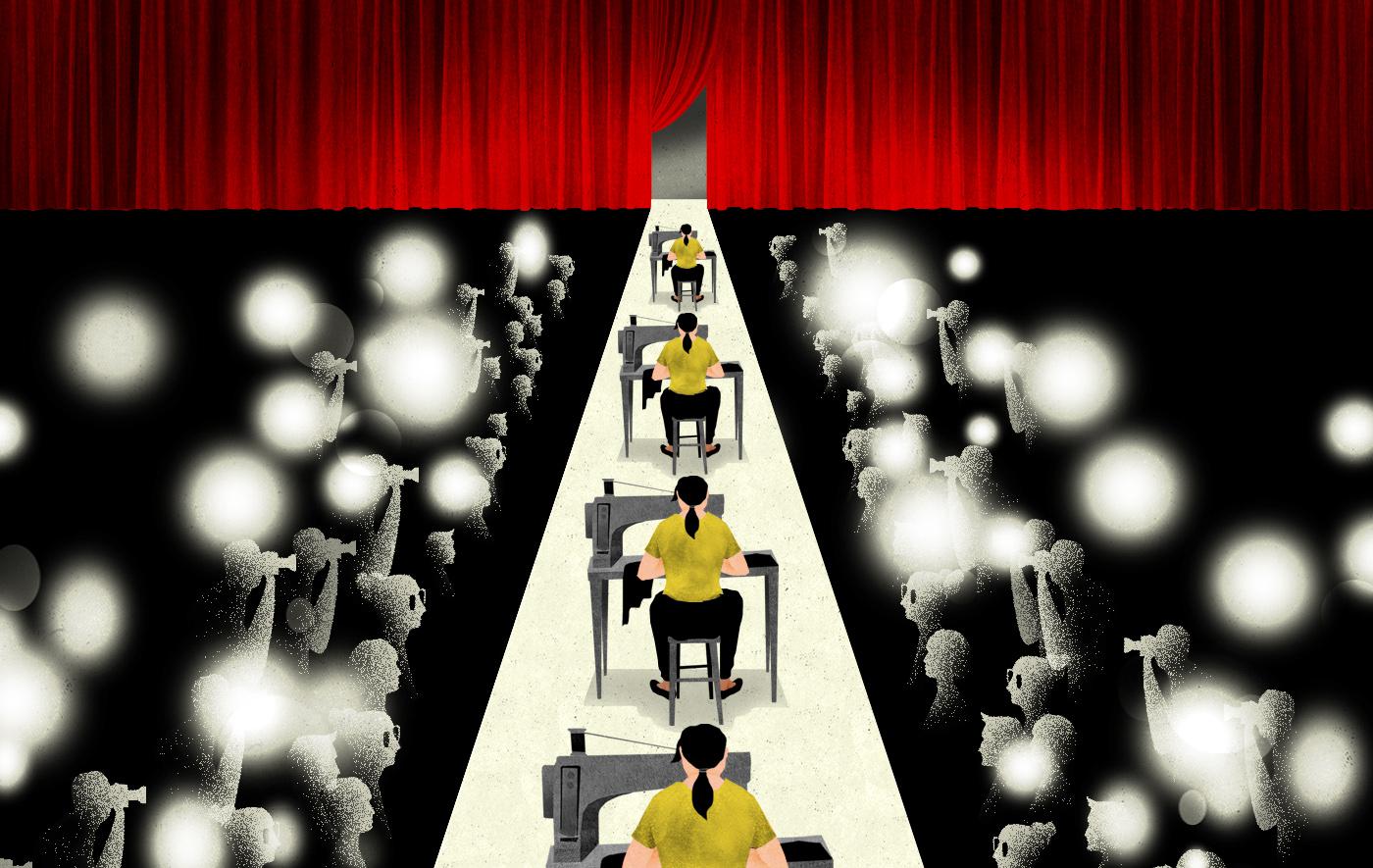The ruling Georgian Dream party rushed in 2017 to approve constitutional reforms to complete Georgia’s evolution to a parliamentary system of governance, without securing broader political consensus. Lack of accountability persisted for abuses committed by law enforcement. Georgia maintained punitive criminal drug policies for drug users. Other areas of concern included privacy rights, labor rights, media freedom and the rights of lesbian, gay, bisexual, and transgender (LGBT) people.
Constitutional Reform
Opposition parties, the president, and nongovernmental organizations (NGOs) criticized the new constitution for postponing critical electoral reforms until 2024. The Venice Commission, the Council of Europe’s advisory body on legal affairs, positively assessed the reform, but saw postponement of the move to a fully proportional electoral system as “highly regrettable” and “a major obstacle to reaching consensus.” It welcomed the ruling party’s commitment to amend the new constitution to alleviate the negative effects of postponing implementation of a fully proportional electoral system, including allowing party blocs and a one-time reduction of the election threshold to 3 percent in the 2020 elections.
Lack of Accountability for Police, Security Service Abuse
Georgia does not have an effective independent mechanism for investigating abuse by law enforcement officials. Investigations, if launched, often lead to charges that carry lesser, inappropriate sanctions, like abuse of office, and rarely result in convictions. Authorities often refuse to grant victim status to those who allege abuse, depriving them the opportunity to review investigation files.
Since November 2016, the Georgian Young Lawyers’ Association (GYLA), a leading human rights group, received at least 20 allegations of torture and ill-treatment by police, and five by prison staff. According to GYLA, authorities did not effectively investigate the allegations.
At the ombudsman’s request, the prosecutor’s office launched investigations into 63 cases of alleged torture and ill-treatment since 2014. The investigations did not lead to a single criminal prosecution.
In May, Azerbaijani journalist and political activist Afgan Mukhtarli vanished from central Tbilisi. Less than 24 hours later, he resurfaced in Azerbaijani border police custody, facing fabricated illegal border crossing and other charges. Mukhtarli, who lived in political exile in Georgia, alleged that several people wearing Georgian police uniforms and speaking Georgian stopped him near his house, put a bag over his head, pushed him into a car, beat him, and drove him away. Authorities promptly launched an investigation and denied security service involvement. Later, facing increasing international and domestic criticism, they suspended a number of counterintelligence and border police officials, pending the investigation’s outcome.
Drug Policy
Although numbers have decreased in recent years, authorities continued to use harsh drug laws to criminally prosecute people who use drugs, while treatment options remain limited. In response to a 2015 Constitutional Court decision declaring imprisonment for marijuana possession unconstitutional, parliament amended legislation in July 2017 to remove imprisonment as a penalty for cannabis possession of up to 70 grams, but retained it as a felony for larger amounts. Drug-related felonies often result in disproportionately long sentences, prohibitive fines, and deprivation of other rights. Police compelled thousands of people to take drug tests, in some cases by detaining them for up to 12 hours.
In June, police arrested two rappers, Mikheil Mgaloblishvili and Giorgi Keburia, on charges of illegal purchase and possession of large quantities of illicit drugs. Mgaloblishvili and Keburaia claimed that police planted the drugs in retaliation for their video mocking police. After a public outcry, authorities released both on bail and investigated their allegations of police misconduct. Both investigations were pending at time of writing.
Right to Privacy
In March, parliament adopted a new surveillance bill, establishing a new agency within the State Security Services to carry out surveillance operations. In 2016, the Constitutional Court ruled unconstitutional legislation that allowed state security services to have direct, unrestricted access to telecom operators’ networks to monitor communications. The court found this system allowed mass collection of personal information in real time without effective oversight, and required independent oversight of mass surveillance. Several nongovernmental organizations, supported by the president and the ombudsman, filed a lawsuit against the new law, claiming that it does not guarantee the right to privacy, as the new agency is not sufficiently independent.
Sexual Orientation and Gender Identity
The new constitution defined marriage “as a union of a woman and a man,” entrenching the definition that had existed for years in the civil code. Rights groups feared that using the constitution to reinforce a barrier to same-sex marriage could feed widespread homophobia. The Venice Commission said the clause should not be interpreted “as prohibiting same-sex partnership” and urged Georgia to provide legal recognition of civil unions for same-sex couples.
In May, a small group of gay rights activists and supporters gathered in front of the main government building in Tbilisi to mark International Day Against Homophobia and Transphobia, amid heavy security presence. Police erected fences to block counter demonstrators, assembled activists at two locations beforehand, and escorted them to and from the area on municipal buses.
In August, unidentified persons in Batumi assaulted three transgender women and two activists with the LGBT rights group Equality Movement, inflicting bruises on activists Levan Berianidze and Tornike Kusiani. The assailants shouted homophobic slurs. Police standing nearby did nothing to stop the assailants.
Instead, they pushed Berianidze and Kusiani to the ground, kicked them, and took them to a police station, where police allegedly subjected them to verbal abuse. The next day, a court fined them for disorderly conduct and disobeying police. Rights groups and the ombudsman demanded timely investigation into alleged police ill-treatment and the homophobic nature of the assault. Authorities launched an internal probe, which was pending at time of writing.
In July, the Constitutional Court declared unconstitutional the ban on gay and bisexual men donating blood.
Labor Rights
Every year dozens of workers die and hundreds suffer injuries as a result of occupational accidents. According to the ombudsman, 270 people died in the past five years because of unsafe working conditions, 18 of them in the first half of 2017. The ombudsman and NGOs criticized the Labour Inspection Department under the Ministry of Labour, Health, and Social Affairs, for having no executive authority to enforce standards, thus failing to introduce effective health and safety measures at the workplace. Investigations into workplace incidents rarely lead to accountability.
Media Freedom
The ownership dispute over Georgia’s most-watched television broadcaster, Rustavi 2, now in its third year, continued in 2017 and raised concerns over ongoing government interference with media. In March, the Supreme Court ruled that the station’s ownership should revert to Kibar Khalvashi, a businessman who owned it from 2004 to 2006, and who alleged he had been improperly forced to sell the station at below market value by then-president Mikheil Saakashvili. The court issued a unanimous decision the same day it examined the case, declining to allow the parties to make oral arguments. The European Court of Human Rights (ECtHR) ordered the Supreme Court decision suspended until further notice and instructed Georgian authorities to refrain from interfering in the station in the interim.
In February, the new leadership of the Public Broadcaster announced it would suspend several political talk shows, citing plans to upgrade the station’s equipment and content. In June, it stopped airing two joint programs with Radio Free Europe/Radio Liberty. A regional TV station, Adjara TV, picked up both cancelled shows.
Key International Actors
A June European Parliament resolution condemned the abduction of Afgan Mukhtarli and urged Georgian authorities to ensure an effective investigation into his disappearance in Georgia and “illegal transfer to Azerbaijan,” and to bring the perpetrators to justice.
In its January resolution on media freedom in Europe, the Parliamentary Assembly of the Council of Europe highlighted concerns about the Rustavi 2 ownership dispute, and called on Georgia “to continue strengthening the independence and diversity of the public and private media.”
In March, following the Supreme Court ruling on Rustavi 2, the Organization for Security and Co-operation in Europe (OSCE) representative on media freedom called on the authorities to ensure media independence and pluralism.
Concluding observations on Georgia by the United Nations Committee on the Rights of the Child, issued in March, noted some progress, including the adoption of the Juvenile Justice Code, but expressed concern regarding, among other things, corporal punishment, sexual exploitation and abuse, and the rights of children with disabilities and of internally displaced children.
During his visit in August, US Vice President Mike Pence highlighted the ties that bring the two countries together, including “freedom, democracy, and the rule of law.”
In his September report to the Human Rights Council, the United Nations High Commissioner for Human Rights highlighted Georgia’s lack of an independent “framework” to investigate torture and ill-treatment, violations of the right to privacy, and media freedom. Despite lack of access to Georgia’s breakaway regions, the commissioner noted that some practices there “appear to amount to discriminatory patterns based on ethnic grounds.”
The International Criminal Court (ICC) continued its investigation into war crimes and crimes against humanity allegedly committed in the lead-up to, during, and after the August 2008 war between Russia and Georgia over South Ossetia.





